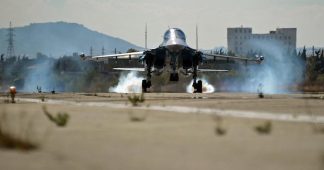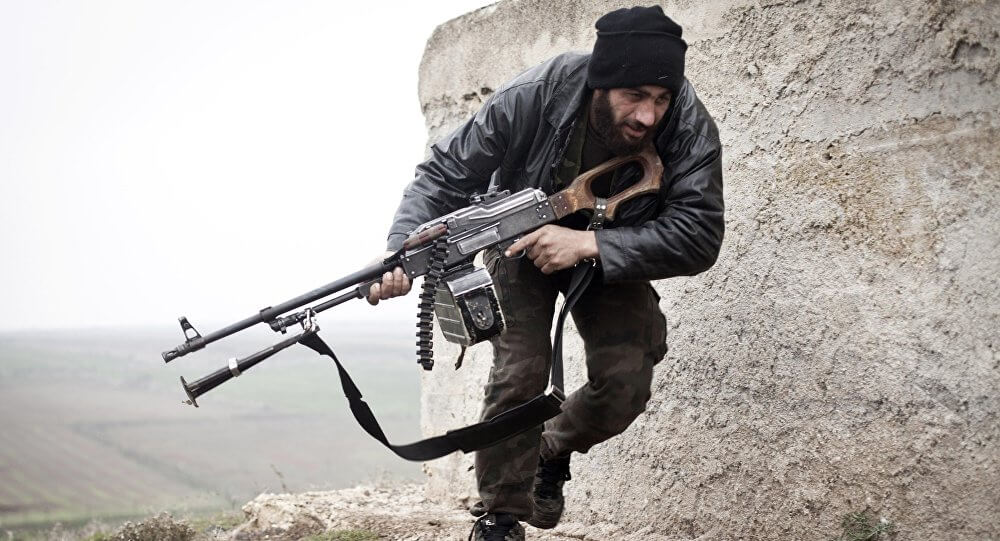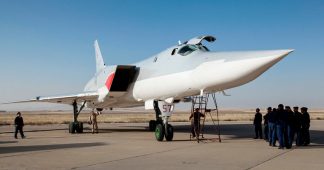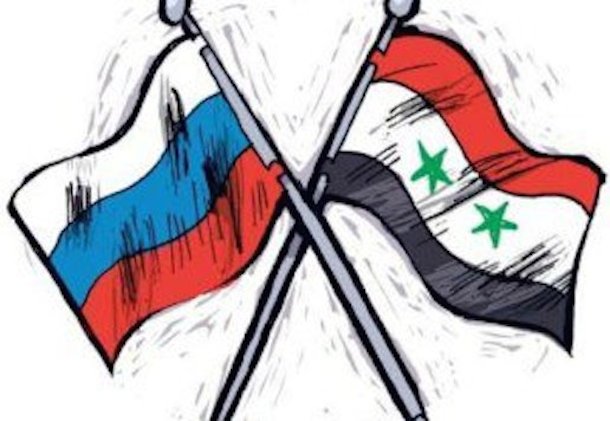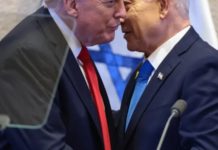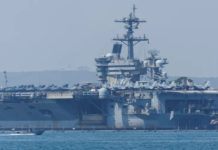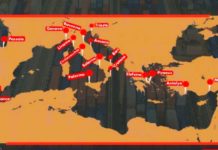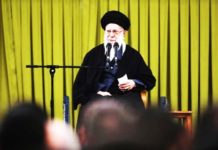There are people who agree and others who disagree inside and near the Russian establishment with the idea of a truce in Syria. The following article, published by the influential website Katehon.com, provides the reader with an idea of the public, often reflecting the “inner”, debates, going on in Moscow on the subject of Syria.
Russia: critique of the agreement with US on Syria
The truce in Syria should come into force on February 27th, something the leaders of the United States and Russia previously agreed on. The plan involves reaching agreements with all armed formations on the territory of the country except the terrorists, a cease-fire and the continuation of negotiations on the peaceful settlement of the conflict.
Zero-sum Game
The conflict in Syria is a geopolitical confrontation between Russia and the United States over the future of the world order. If the United States achieves their goals, it will demonstrate that they can act as a hegemon, change the government, break the “Shia crescent” linking Iran to the Mediterranean, oust Russia from the former sphere of influence, create a nest of radical extremism to hit Russia and Europe with and destroy the Middle East. In the chaos, the United States will remain an island of stability and retain their status. On the contrary, a victory for the Russian-Iranian coalition will mark the US’ withdrawal from their global hegemonic position and the transition to a multipolar world.
It is not possible to reach a compromise in this conflict when both sides want to achieve their goals. If one party of the conflict wins, the other has to lose.
American Strategical Victory
The agreement on a cease-fire respects the US’ interests. Previously, the US tried to urge Russia to stop their military campaign and start negotiations. The US-controlled Islamists are defeated. Aleppo is surrounded. The border with Turkey is about to be closed. The same situation is seen at the borders of Israel and Jordan, where terrorists also receive assistance. Russia is interested to continue the war to the bitter end, and start negotiations under its terms.
American pressure
The United States put unprecedented pressure on Russia to sign an armistice. Agents of influence were involved; Turkey and the Gulf countries have used the topic of a joint invasion with the US of Syria for several weeks. The fighting in Ukraine was renewed. The purpose of all these actions is to stop the Russian military operation in Syria.
Despite reaching an agreement on the armistice, the war continues. Blurred formulations allow Russia to continue the operation even after February 27th, justifying their “war against terrorism”. But the United States warned that such actions would be considered a violation of Russian obligations.
Problems of Interpretation
In practice, it is impossible to identify the moderate insurgents and terrorists in Syria. The so-called Free Syrian Army is an umbrella structure that has some radicals within. Tactical alliances of fighters are formed from the individual groups of the pro-Western opposition, ISIS, and “Al-Nusra”, who are fighting against Damascus. In particular, al-Nusra occupies Aleppo.
A number of armed opposition organizations, in particular the structures connected to Al-Qaeda – Jaish al-Islam and Ahrar al-Sham – are not considered by the West as terrorists, but are recognized as terrorists by Russia.
Forecast
A full cessation of military operations on February 27th is unlikely. It is necessary to wait for the continuation of fighting in some parts of the country. Each side will interpret the “armistice“ in their favor. At the same time, the United States, convinced on the effectiveness of the pressure strategy, will require the implementation of agreements by Russia, supporting militants. In fact, Syria’s defragmentation will be implemented. After some time, we can expect the resumption of hostilities, but an opportunity for the effective destruction of the militants will not be present. Russia will faced with a choice: stop the conflict, which by any geopolitical definition would tantamount to defeat, or be drawn into an endless war with unexpected results.
